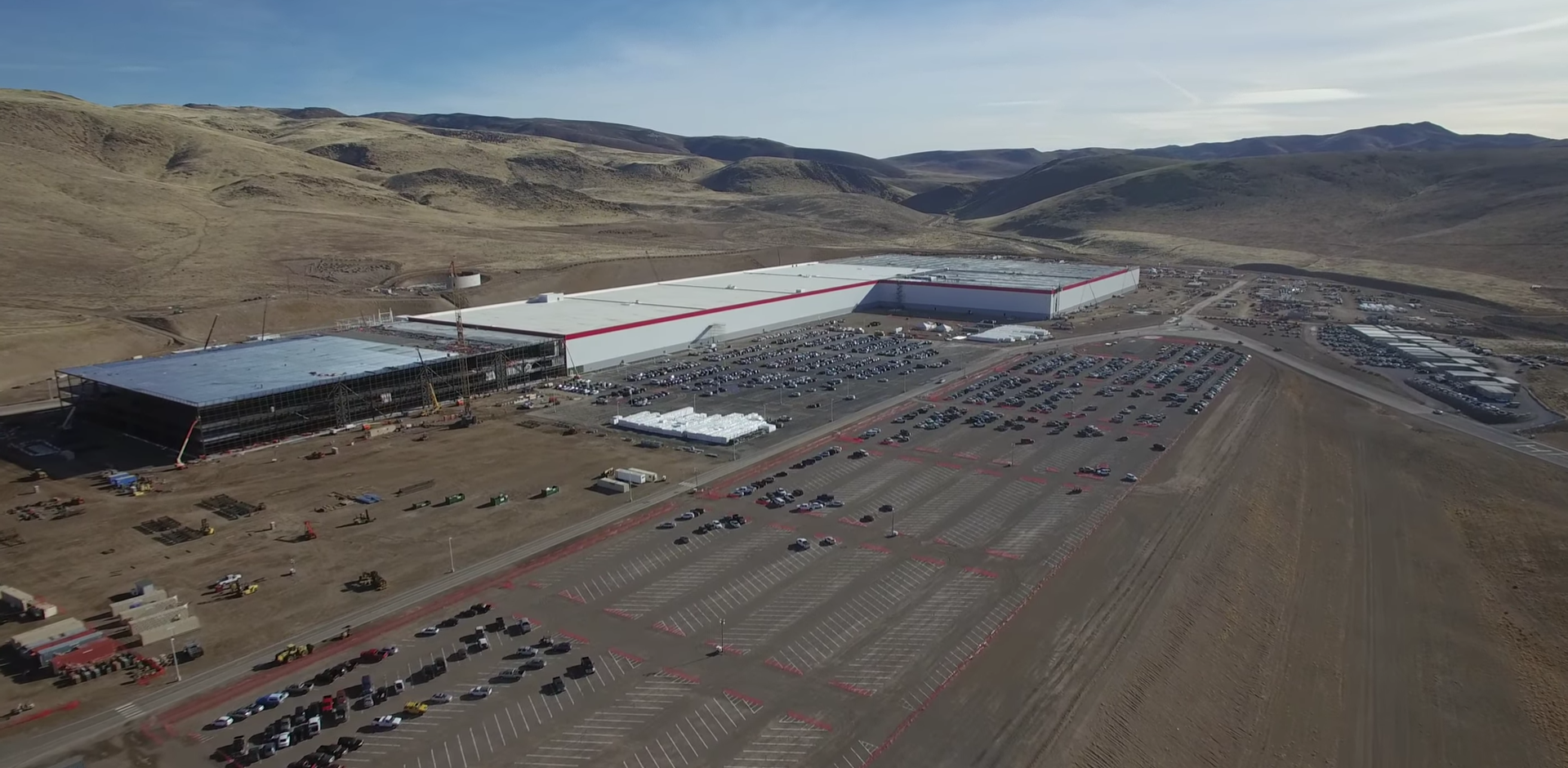This article originally appeared in the Reno Gazette Journal
Tax incentives for select companies are not good for Nevadans.
That was our winning argument at the Reno Debate Society’s inaugural event. We were honored to participate with former Assemblyman Pat Hickey and economic development czar Steve Hill.
Low tax and regulatory burdens are good for business. But not when they benefit few.
The Governor’s Office of Economic Development gave high-profile packages of tax abatements, tax credits and cash grants to large, established out-of-state companies including Tesla, Apple and Amazon.
If the goal is economic development, this is exactly the wrong approach.
According to Census Bureau statistics, companies less than five years old accounted for all job creation in Nevada since 1993. These companies created an average of more than 51,000 new jobs per year while firms older than five years lost more than 21,000 jobs per year. This mirrors the national trend.
Entrepreneurial startups are the true drivers of economic growth. We need more of them. Sadly, the favoritism shown toward big firms pushes our native entrepreneurs out.
For Nevadans, regulations and business taxes are mounting. We now have some of the nation’s most extensive and burdensome occupational licensing laws. The Modified Business Tax was created in 2003 to stave off a gross receipts tax and now, just 13 years later, its rate has nearly tripled.
Last year the Legislature pushed through a gross receipts tax anyway. It taxes businesses based on total sales with no regard to their cost structure or profitability.
The new gross receipts tax is a poster child for the uneven playing field created for businesses. Its high compliance costs aside, the tax is projected to yield only $60 million annually for state coffers. Yet the current state budget includes $45 million per year in transferable tax credits for a single company, plus millions more for GOED to distribute on a discretionary basis.
Nevada’s native entrepreneurs are being forced to pay for GOED’s sweetheart deals to outside companies.
These deals reek of favoritism. Apple secured its deal with a paid GOED consultant as its lobbyist. He continued under contract with GOED, representing both sides of the deal. One of the most frequent beneficiaries of GOED largesse is a company owned by a GOED board member.
All this is having a chilling effect on entrepreneurship. Business starts per 100,000 residents is now 30 percent lower than it was in 1993. Remember, startups account for all net job creation in that time. But in a politicized environment, aspiring entrepreneurs without connections become more reluctant to try.
To top it off, many incentive recipients are unprofitable, meaning the sum of their inputs is worth more than their output. Tesla is among these.
This destruction of wealth has contributed to what is today Nevada’s lowest level of real GDP per capita in decades. GDP per capita indicates quality of life, and it continues to fall years after the Great Recession.
Nevada would grow faster under a thriving class of native entrepreneurs.
Geoffrey Lawrence is Nevada’s assistant state controller. Dusty Wunderlich is founder and CEO of Bristlecone Holdings, a financial technology firm based in Reno.
